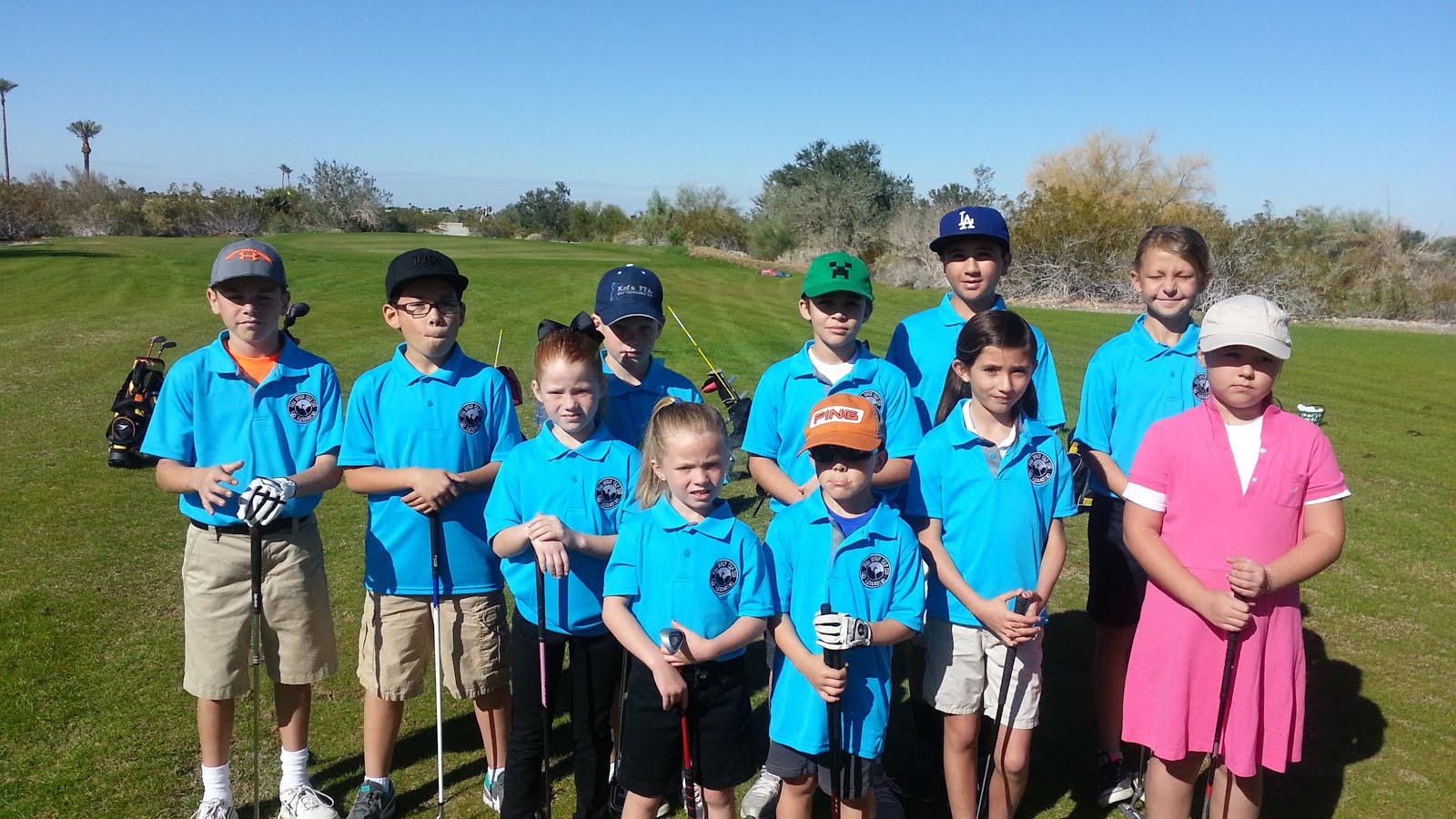Enjoy this article from Rich O'Brien. He started it out by asking the question what would happen if an avid golfer could no longer play golf. Think about it for a bit. What would you do? Golf does have the power to change lives.
Approximately 57 million Americans (19%) suffer from some form of disability. Of that total, in the neighborhood of 18 million were golfers before suffering their disability. An important study by the National Center on Accessibility revealed some eye opening statistics that suggests that among the disabled population there is a strong desire to play the game. Here are some of the findings from the study:
- Despite their disability, 10 percent are currently playing golf (5.7 million);
- Meanwhile 35 percent are are interested in learning how to play golf (19.95 million);
- Sadly, 22 percent played golf prior to becoming disabled, but are no longer playing (12.54 million).
The study also provided key insights into why many of them were not currently playing the game. These included the following:
- 38 percent stated a need for lessons specific to their disability;
- 36 percent said that they needed a better understanding of the fundamentals of golf;
- 33 percent felt uncomfortable about playing in front of others;
- 31 percent believed that the course staff did not know how to assist them.
The study suggests that there is the opportunity to substantially grow the game of golf by giving these individuals the gift of golf. It also suggests the opportunity to provide millions of new players the gift of adaptive golf and the benefits of the game.
Join the Golf Therapy Movement
Golf therapy offers golfers with injuries, illnesses, or challenges the opportunity to experience the wonderful physical, social and therapeutic benefits that the game has to offer. It offers them hope and the opportunity to improve the quality of their lives by providing a feeling of normalcy and improved self-confidence. And, in many cases, it helps these individuals reintegrate back into their community.
A growing number of PGA professionals, physical therapists, doctors, psychologists, and concerned citizens have joined the “Golf Therapy” movement in the past few years and have received special training in adaptive golf. The training covers a wide variety of disabilities and enables the instructor to be able to provide the individual with the instruction they need to play the game despite their disability.
PGA Professionals are encouraged to contact their PGA Section Office and find out which programs are being offered in the their area and how to receive adaptive golf training. If there is not currently a program in your area, I would encourage you to champion the program.
Golf truly has the power to change people’s lives. I cannot think of a more worthy cause to lend my time, talents or treasure to than to help wounded vets and others get back in the game.
About the author:
Rich O'Brien is a former disabled golfer, a mental performance coach, a certified adaptive golf instructor, and the Program Administrator for PGA HOPE Charleston. If you would like to get involved in the adaptive golf movement, either as a participant, instructor or volunteer, please join the Golf Therapy group on Facebook.


No comments:
Post a Comment